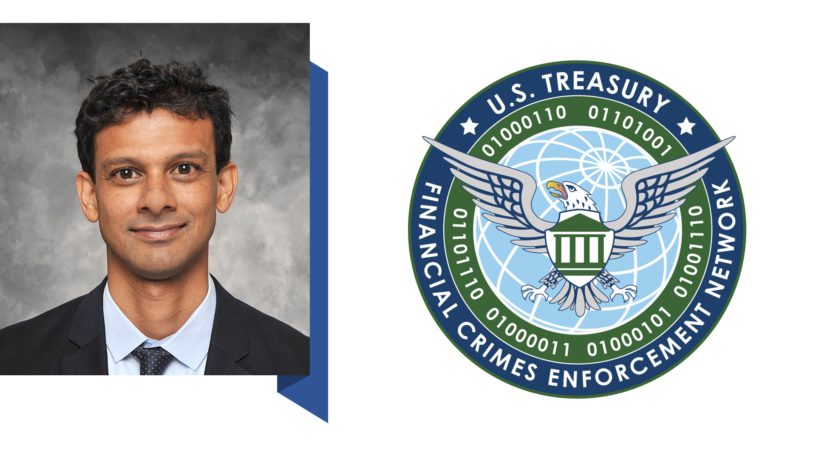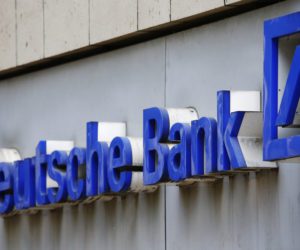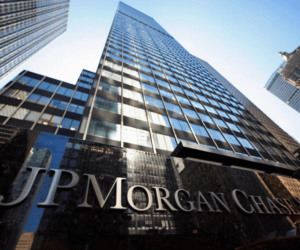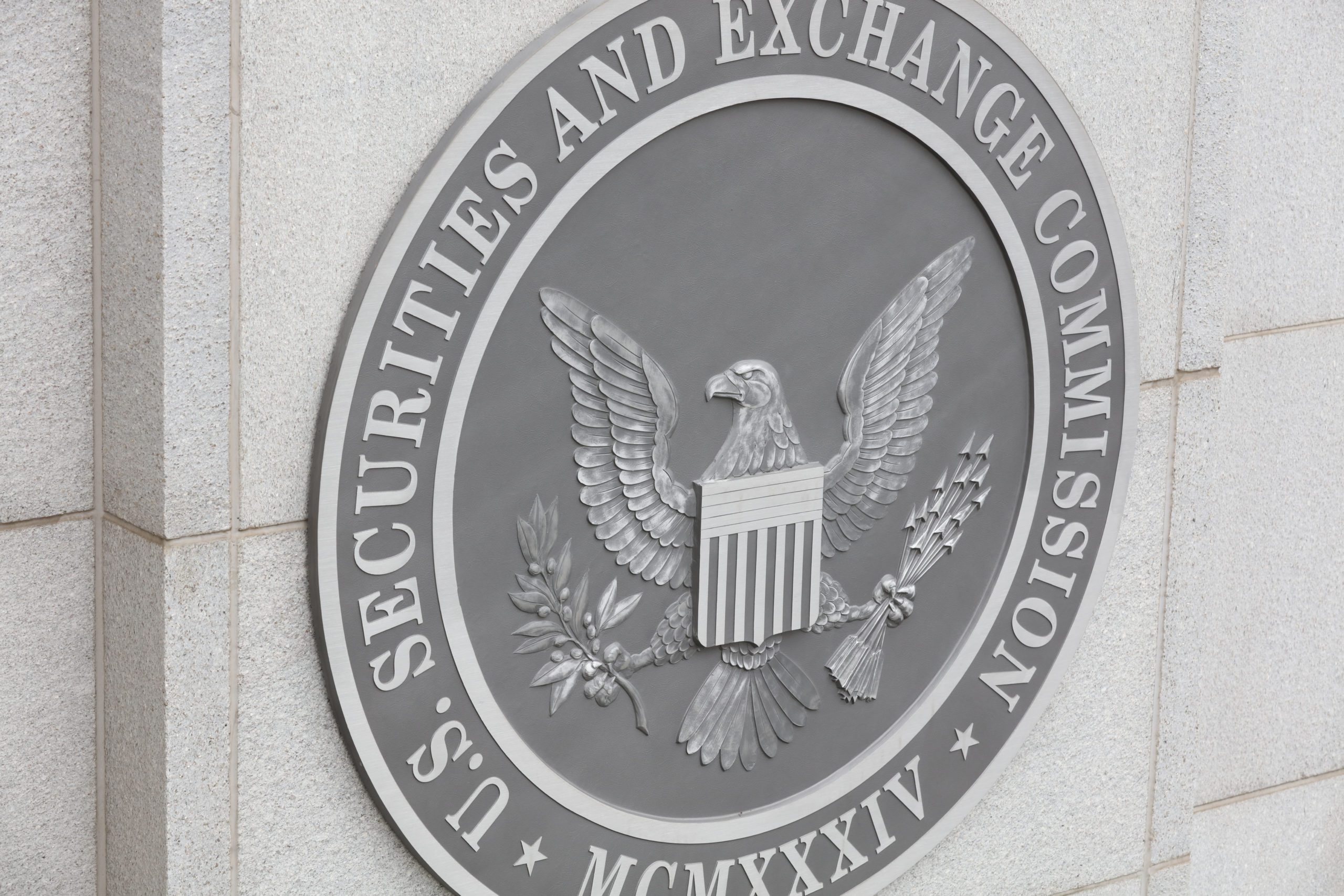FinCEN and the IRS Criminal Investigation unit (CI) today (Tuesday) issued a notice to banks around tax evasion and workers’ compensation insurance fraud in the US residential and commercial real estate construction.
Both agencies said hundreds of millions of dollars are lost to these schemes, which are perpetrated by illicit actors primarily through banks and check cashers.
The Notice describes how payroll tax evasion and workers’ compensation fraud schemes may involve networks of individuals and the use of shell companies and fraudulent documents.
These schemes affect the local and national construction job markets and put legitimate construction contractors and their employees at a competitive disadvantage, a statement said.
This Notice also builds on FinCEN’s ongoing efforts to combat the use of shell companies in illicit activity, the agency said.
“FinCEN is committed to combating fraud by shedding light on how illicit actors within the construction industry are using shell companies and other tactics to commit workers’ compensation fraud and avoid payroll taxes,” said FinCEN Acting Director Himamauli Das.
“We are proud of our collaboration with CI in issuing this Notice and exposing tax and insurance fraud that has plagued the construction industry and undermines law-abiding construction firms. Today’s Notice provides information that financial institutions can use to remain vigilant in monitoring, detecting, and reporting suspicious activity that may be indicative of payroll tax evasion and workers’ compensation fraud in the construction industry.”
“Earlier this year, we touted how Bank Secrecy Act data plays an instrumental role in the agency’s criminal investigations, and we believe the data we receive in response to today’s Notice will expose a number of payroll tax evasion and workman’s compensation schemes,” said CI Chief Jim Lee.

“By enlisting the help of financial institutions, we hope to crack down on fraudsters and level the playing field for legitimate business owners,” he added.
“The Notice aligns with the Anti-Money Laundering/Countering the Financing of Terrorism National Priorities and provides financial institutions with an overview of the underlying schemes, red flag indicators, and specific Suspicious Activity Report (SAR) filing instructions.
Last year, FinCEN took a historic step in support of U.S. government efforts to crack down on shell companies and illicit finance by issuing a final rule establishing a beneficial ownership information reporting requirement, pursuant to the bipartisan Corporate Transparency Act.
The rule will require most corporations, limited liability companies, and other entities created in or registered to do business in the United States to report information about their beneficial owners—the persons who ultimately own or control the company, to FinCEN.
Designed to protect U.S. national security and strengthen the integrity and transparency of the U.S. financial system, the rule will help to stop criminal actors, including oligarchs, kleptocrats, drug traffickers, human traffickers, and illicit actors within the construction industry referenced in this Notice and others who would use anonymous shell companies to hide their illicit proceeds.








